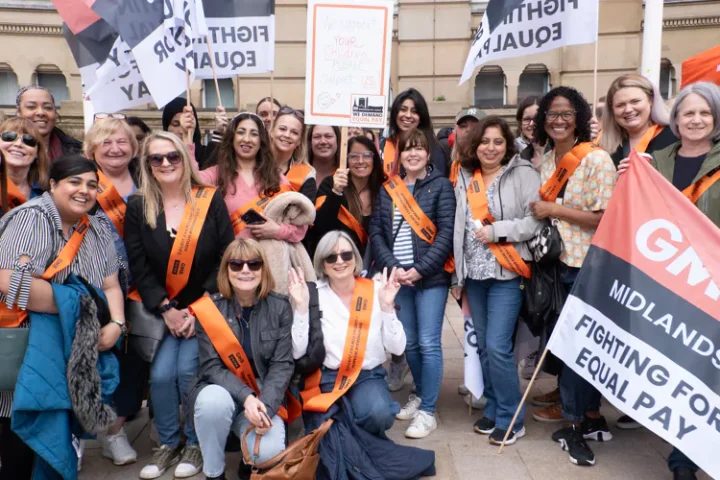The UK gender pay gap narrowed, with the mean hourly gap dropping 0.6% from 11.8% to 11.2%, according to the 2025 Gender Pay Gap Report from PwC.
The median hourly pay gap also fell 0.5% to 8.6%.
This marked one of the biggest drops since pay gap reporting became mandatory, with 10,700 organisations submitting data, the highest number yet.
Policy changes such as the Equality (Race and Discrimination) Bill, set to extend reporting to ethnicity and disability, and new EU rules on pay transparency, have kept a spotlight on pay fairness.
According to the report, the overall pace of change remains slow, with at least 40 years needed for the pay gap to close at the current rate.
Andrew Curcio, global co-leader for reward & benefits at PwC, said: “The dial is finally shifting. Whilst we’re seeing incremental change – this year’s data shows that when employers take deliberate action over the long term, progress follows although it will still take a long time for the pay gap to close.
“From reviewing pay structures, improving gender balance of senior roles, and transparent and inclusive promotion and recruitment processes, the organisations making the biggest strides are those embedding equity and consistency into their day-to-day decisions, not just their annual reports.
“Employers are operating in a new world with increasing levels of compliance and regulation so it is more important than ever to sustain momentum – and shift the conversation from compliance to commitment.”
Curcio added: “Employers are increasingly recognising that pay gap reporting is not just a regulatory requirement—it’s a strategic imperative tied to talent, reputation, engagement, productivity and performance.”

















